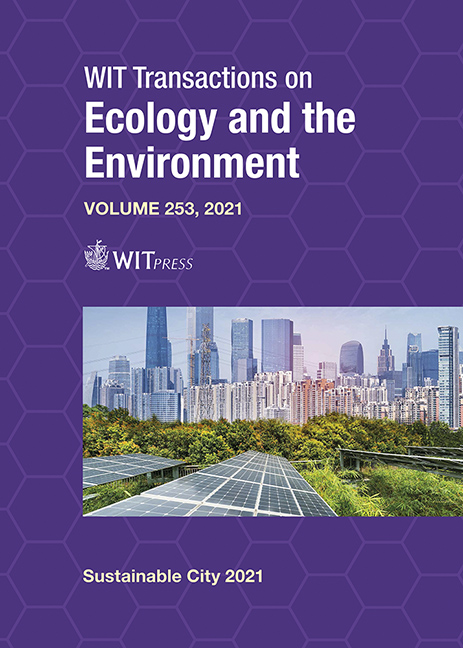APPROACHES TO THE ASSESSMENT OF ECOLOGICAL AND ECONOMIC EFFICIENCY OF INVESTMENT PROJECTS: BRIEF REVIEW AND RECOMMENDATIONS FOR IMPROVEMENTS
Price
Free (open access)
Transaction
Volume
253
Pages
11
Page Range
515 - 525
Published
2021
Size
893 kb
Paper DOI
10.2495/SC210421
Copyright
Author(s)
ANZHELIKA KARAEVA, ELENA MAGARIL, HUSSAIN AL-KAYIEM, VINCENZO TORRETTA, ELENA CRISTINA RADA
Abstract
The implementation of investment projects has an important role to play in the development of the economy and also to be in concordance with the Circular Economy concepts, as it causes not only the flows of financial and labor resources into the regional economy, but also stimulates the development of scientific and technological progress and the emergence of innovations. A comprehensive assessment is essential approach of any investment project to achieve sustainable development and to close the loop as requested be the Circular Economy through balancing between social and economic development, as well as preservation of environment. The assessment of ecological and economic efficiency of investment projects is one of the most significant stages of project implementation as it allows to uncover the potential negative effects and possible failure of the project. So far, there are no unified approaches to assessing the effectiveness of investment projects, especially its environmental component. That fact leads to a biased assessment of the impact of an investment project on the environment. The problem is caused not only by the lack of a common, internationally accepted methodology, but also by the complexity of accounting for externalities and negative financial impact. The purpose of the study is to examine and systemize existing approaches to the assessment of ecological and economic efficiency and provide recommendations for its enhancement. The article highlights two conceptual approaches to the efficiency assessment of the project and their benefits and drawbacks.
Keywords
investment project, eco-efficiency, efficiency assessment, circular economy





